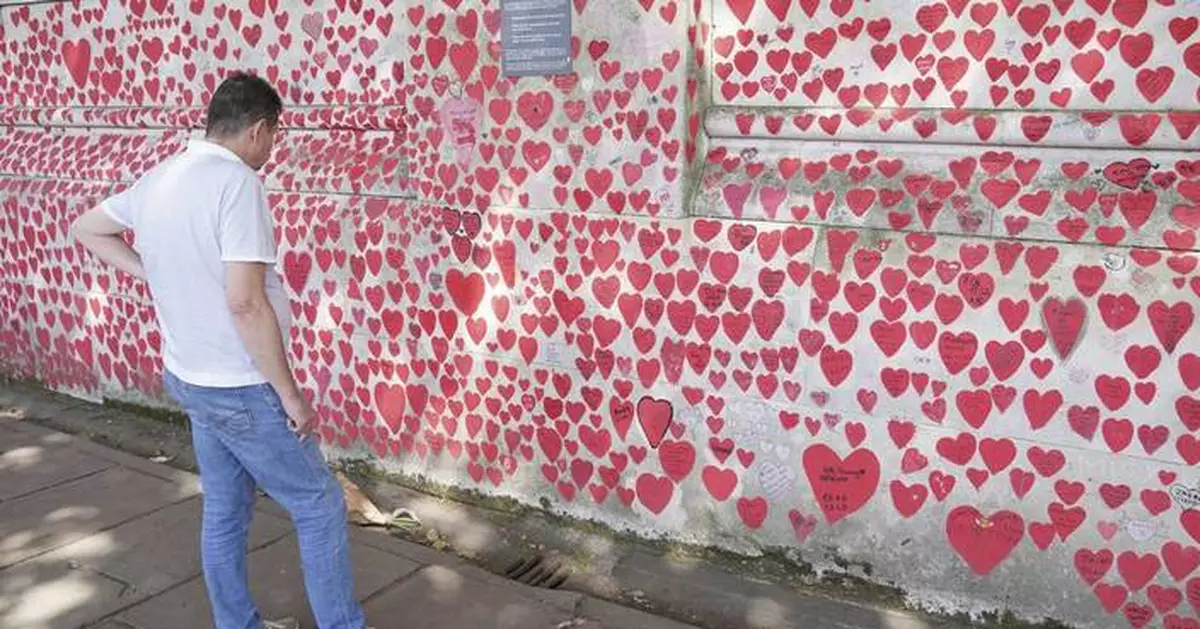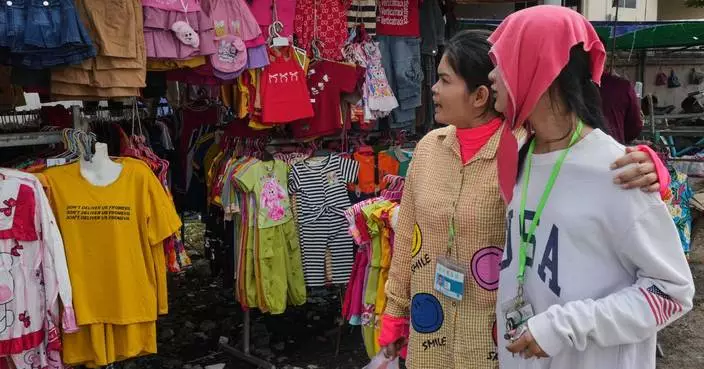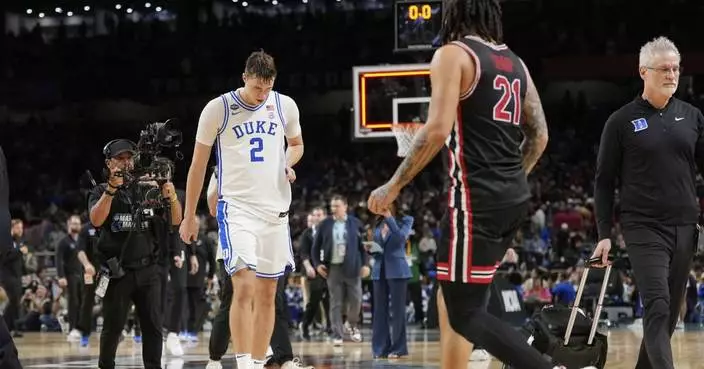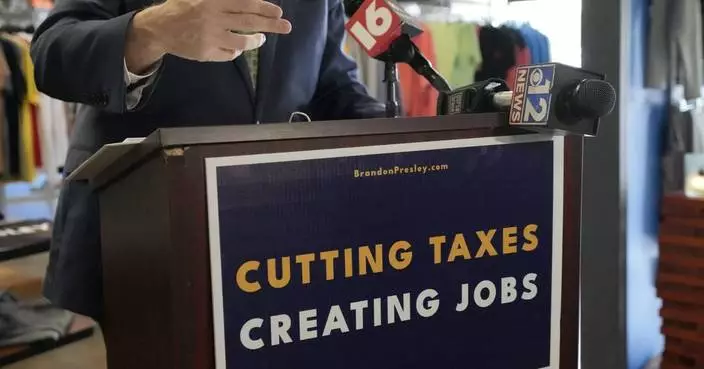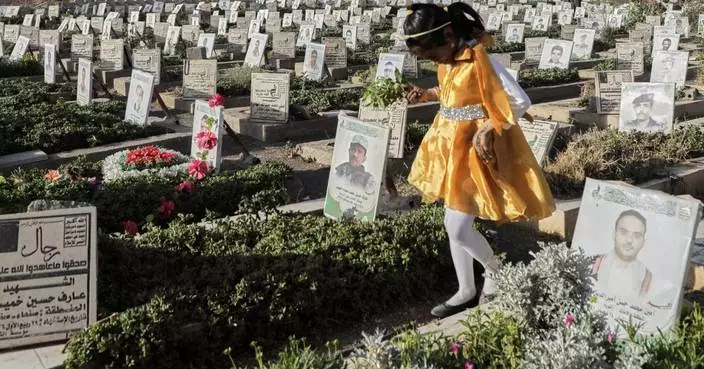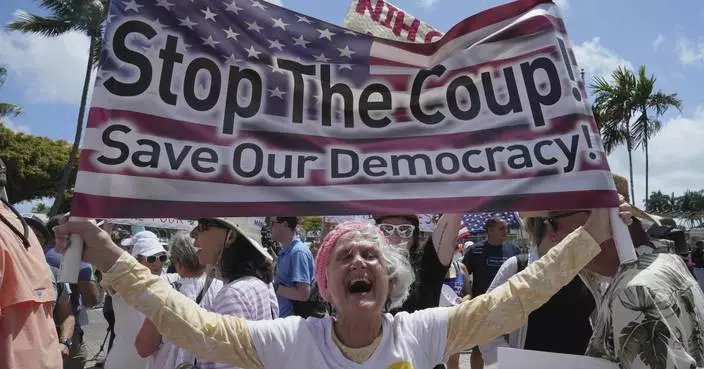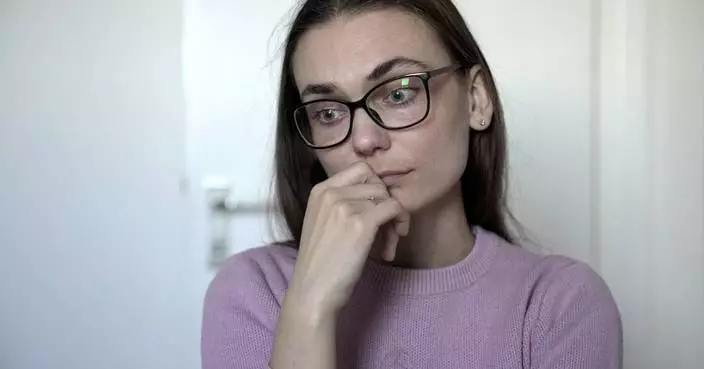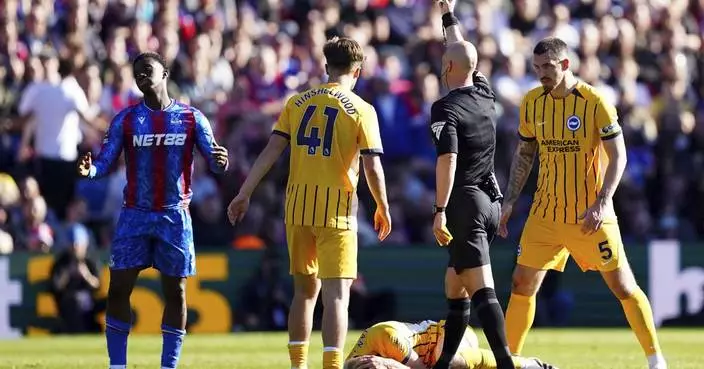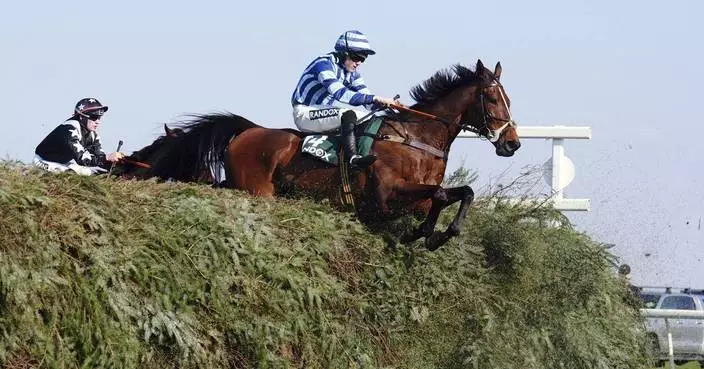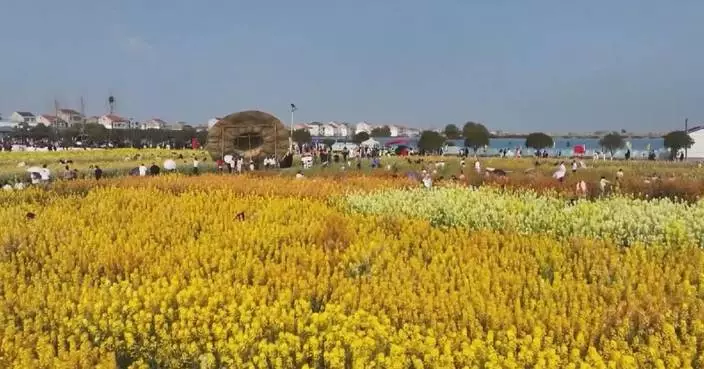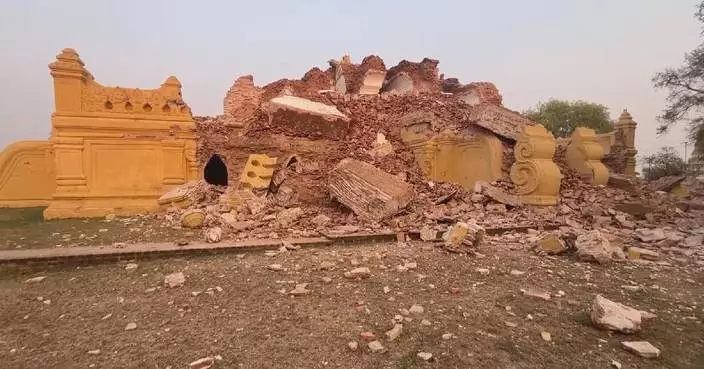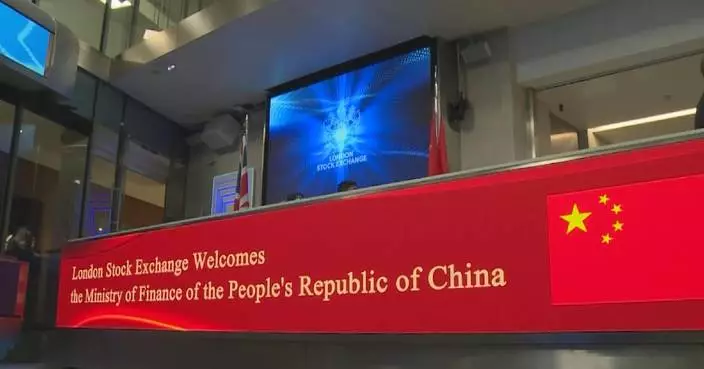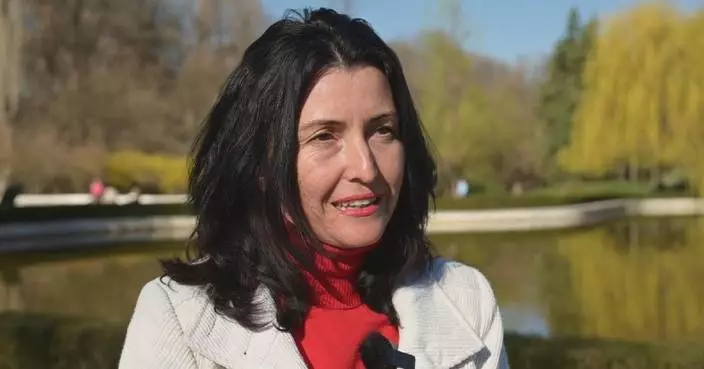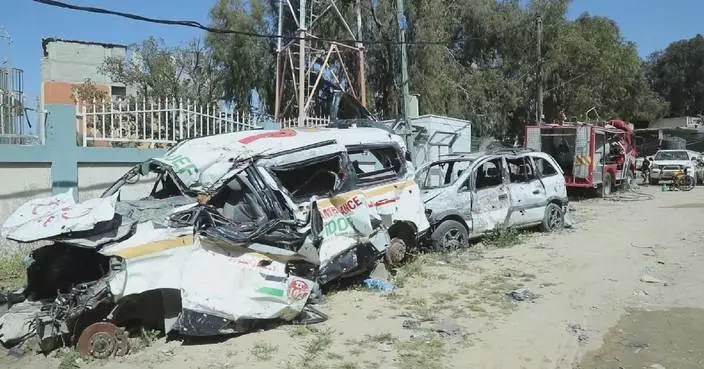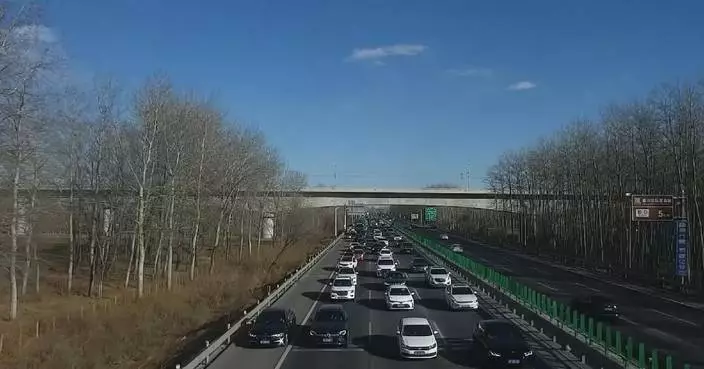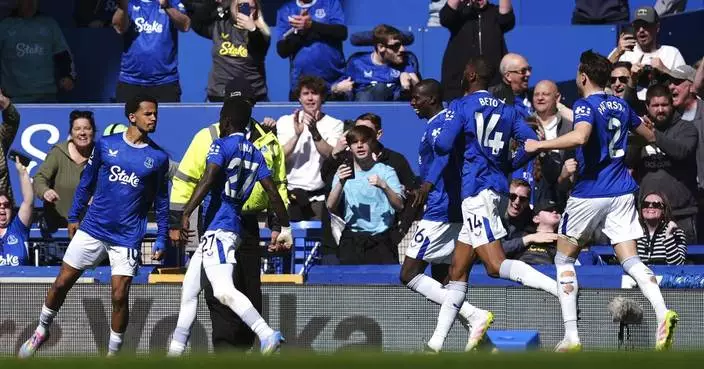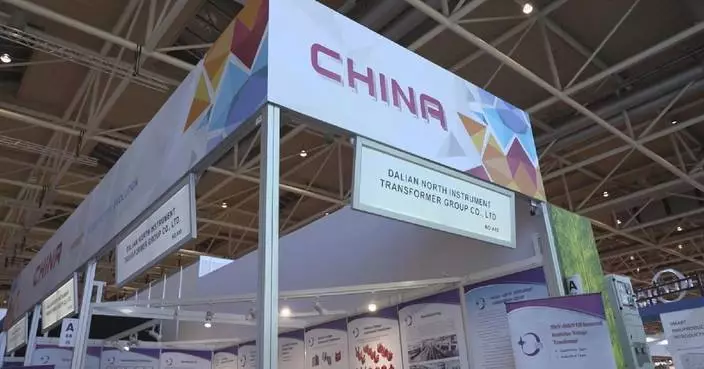LONDON (AP) — The U.K. government was ill-prepared for the COVID-19 pandemic and serious errors in planning failed its citizens, an inquiry found Thursday.
Retired judge Heather Hallett, who is leading the ongoing inquiry, said the government wrongly believed in 2019 that it was one of the best-prepared countries in the world for an outbreak and it anticipated the wrong pandemic — influenza.
“This belief was dangerously mistaken," Hallett said in releasing her first report. “In reality, the U.K. was ill-prepared for dealing with the whole-system civil emergency of a pandemic, let alone the coronavirus pandemic that actually struck.”
The COVID-19 pandemic has been blamed for more than 235,000 deaths in the U.K. through the end of 2023 — one of the highest death tolls in the world.
“Today’s report confirms what many have always believed — that the U.K. was under-prepared for COVID-19, and that process, planning and policy across all four nations failed U.K. citizens," Prime Minister Keir Starmer said, referring to England, Northern Ireland, Scotland and Wales.
“The safety and security of the country should always be the first priority, and this government is committed to learning the lessons from the inquiry and putting better measures in place to protect and prepare us from the impact of any future pandemic," he said.
The first report from the inquiry, based on hearings that began in June 2023, was focused only on pandemic preparedness and didn't place blame on any individual.
A second phase looking at the government’s response, including the “partygate” scandal in which then Prime Minister Boris Johnson and his staff broke their own rules by hosting work parties, is due later. A third phase will look into what lessons can be learned from how the nation handled the crisis. The inquiry is due to hold hearings until 2026.
Hallett found that an outdated 2011 pandemic strategy for flu wasn't flexible enough to adapt to a crisis nearly a decade later and was abandoned almost immediately.
“There were fatal strategic flaws underpinning the assessment of the risks faced by the U.K., how those risks and their consequences could be managed and prevented from worsening and how the state should respond,” Hallett said.
There also was a lack of focus on what was needed to deal with a rapidly transmissible disease, and not enough done to build up a system to test, trace and isolate infected patients.
Hallett said in her 217-page report that the U.K. needs to be better prepared for the next pandemic — one that could be even deadlier.
“The U.K. will again face a pandemic that, unless we are better prepared, will bring with it immense suffering and huge financial cost and the most vulnerable in society will suffer the most,” she said.
Hallett recommended that a new pandemic strategy be developed and tested every three years, and that government and political leaders should be accountable for having preparedness and resilience systems in place. She also said that outside experts should be used to prevent “the known problem of groupthink."
“Unless the lessons are learned, and fundamental change is implemented, that effort and cost will have been in vain when it comes to the next pandemic," Hallett said. "Never again can a disease be allowed to lead to so many deaths and so much suffering.”
Elkan Abrahamson, who represents the nearly 7,000 members of the COVID-19 Bereaved Families for Justice, applauded Hallett for adopting most of its recommendations to prevent a repeat disaster.
“However, it is extremely disappointing that the vulnerable were ignored in the recommendations and there were no proposals for dealing with racial inequality, health inequalities or the effects of austerity,” Abrahamson said.
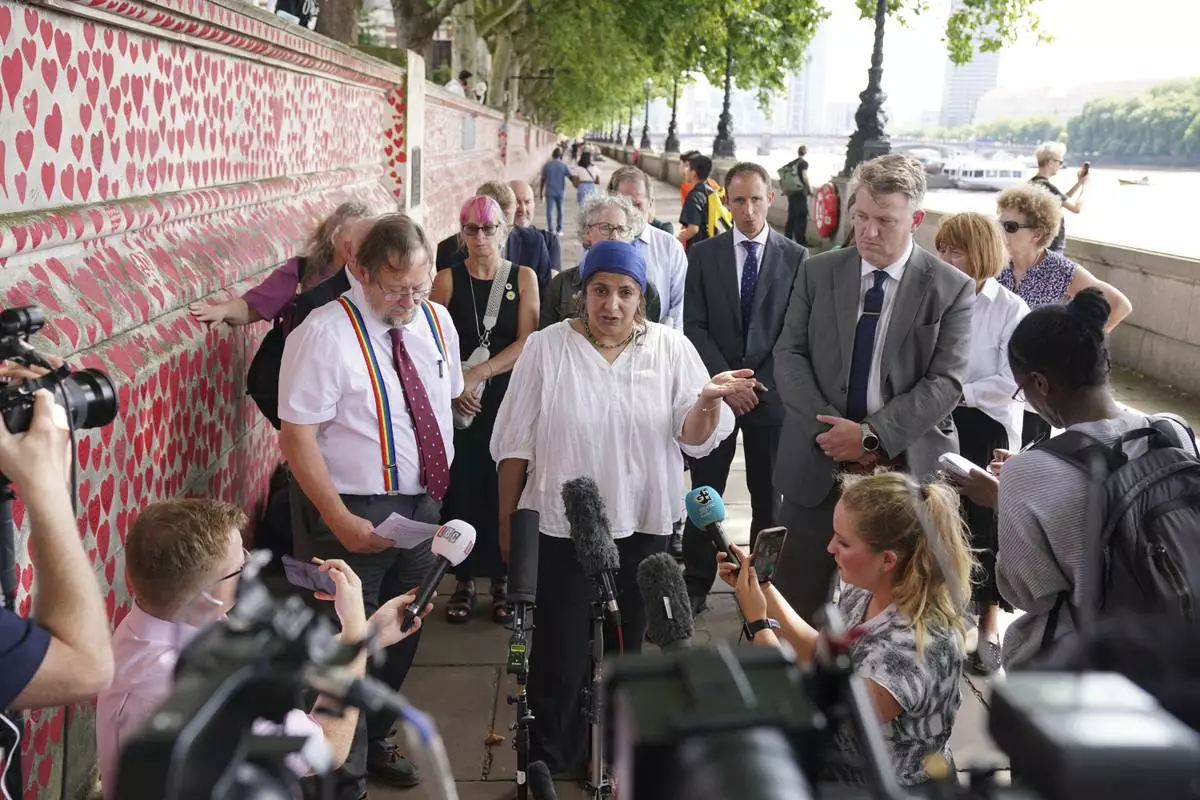
Dr Salayha Ahsan, who lost her father during the Covid -19 pandemic, speaks to the media as the BMA join the TUC and Covid-19 Families for Justice at the Covid Memorial Wall in London to respond to the publication of the first report from the UK Covid-19 Inquiry, Thursday July 18, 2024. (Jonathan Brady/PA via AP)
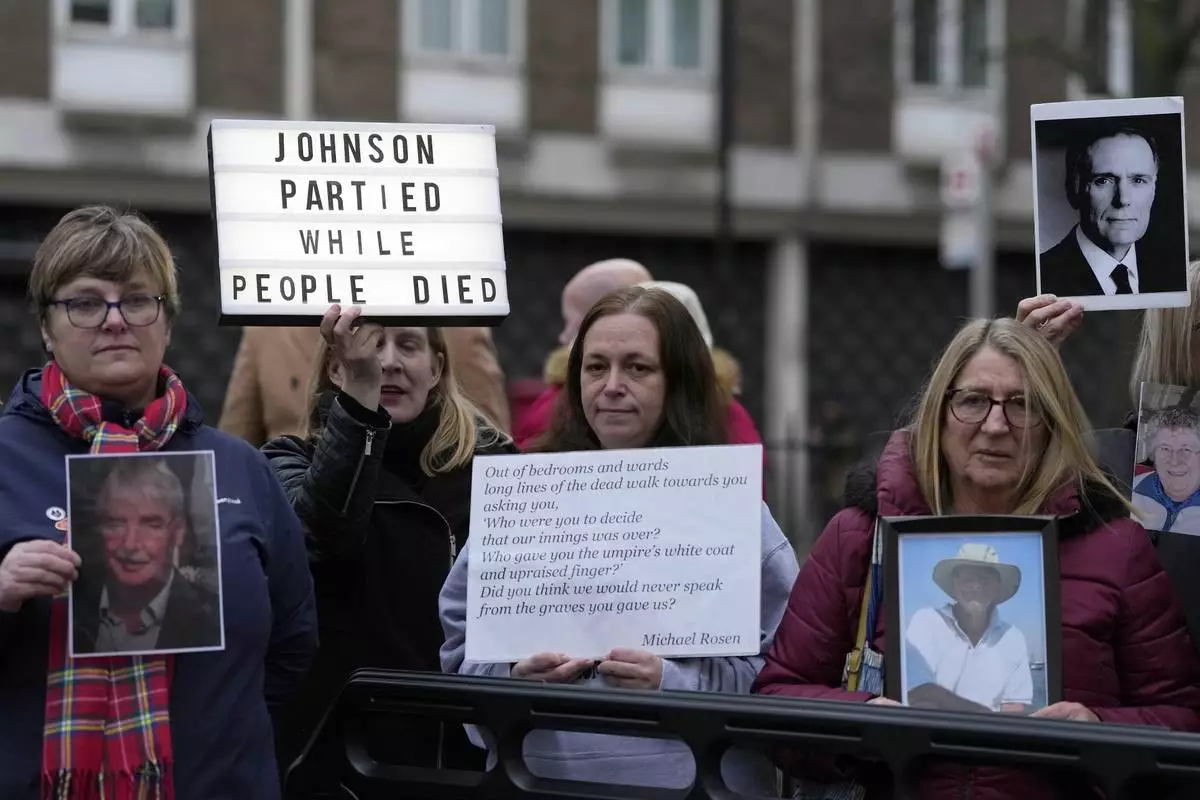
FILE - Protesters show pictures of COVID victims and placards outside Dorland House as Britain's former Prime Minister Boris Johnson testifies at Britain's COVID-19 public inquiry in London, on Dec. 7, 2023. The U.K. government was ill-prepared for the COVID-19 pandemic and serious errors in planning failed its citizens, an inquiry found Thursday, July 18, 2024. Retired judge Heather Hallett, who is leading the ongoing inquiry, said the government wrongly believed in 2019 that it was one of the best-prepared countries in the world for an outbreak and it anticipated the wrong pandemic — influenza. “This belief was dangerously mistaken," Hallett said in releasing her first report. (AP Photo/Kirsty Wigglesworth)
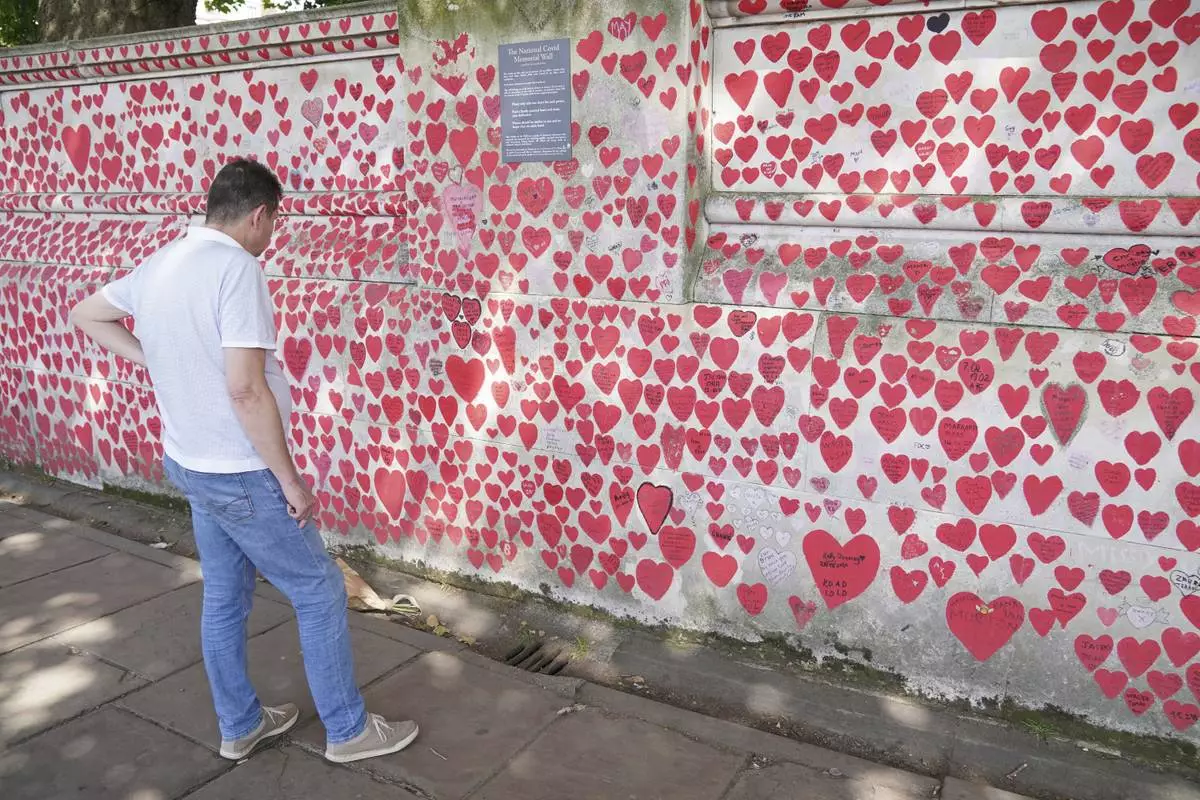
A man reads the hearts on the Covid Memorial Wall in London, as the BMA, TUC and Covid-19 Families for Justice, respond to the publication of the first report from the UK Covid-19 Inquiry, Thursday July 18, 2024. The U.K. government was ill-prepared for the COVID-19 pandemic and serious errors in planning failed its citizens, an inquiry found Thursday. Retired judge Heather Hallett, who is leading the ongoing inquiry, said the government wrongly believed in 2019 that it was one of the best-prepared countries in the world for an outbreak and it anticipated the wrong pandemic — influenza. (Jonathan Brady/PA via AP)


